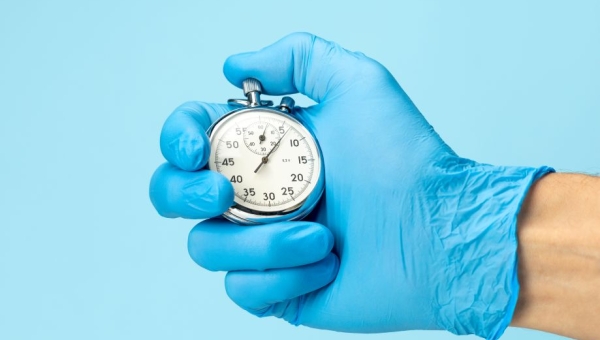
Research Summaries
Upcoming Events

Background
Vulvodynia is a chronic vulvar pain disorder of unknown cause, and can be persistent or provoked (with penetration, tampons, pelvic exams, etc.), beginning at any age. Typically, vulvodynia is diagnosed when symptoms occur in the absence of known infections, dermatological conditions, and neurological disorders.

- Sexual Health Topics: Men’s Sexual Health, Sexual Health Management & Treatments
Background
Priapism is defined as persistent or prolonged erection occurring with or without sexual stimulation. Ischemic priapism (priapism with little to no blood flow) accounts for roughly 95% of all priapism cases – a urological emergency requiring very quick management to avoid tissue death.

- Sexual Health Topics: Men’s Sexual Health
Background
Premature ejaculation (PE) is a sexual dysfunction that affects roughly 5-15% of men globally, of which definitions vary, but mostly consist of:

- Sexual Health Topics: Men’s Sexual Health, Women’s Sexual Health, Medications & Sexual Health, Sexual Health Management & Treatments
Background
Post orgasmic illness syndrome (POIS) is a rare and poorly understood condition which is currently characterized as individuals falling ill following orgasm, usually continuing to feel ill for 2-7 days after. Currently, there are fewer than 100 reported cases in existing literature, and those reported have primarily been male patients. POIS has been reported to affect sexual function and satisfaction, making it an interesting new topic in the world of sexual medicine.

- Sexual Health Topics: Women’s Sexual Health
Background
Female sexual dysfunction (FSD) is characterized by Prolonged or ongoing issues with the sexual response cycle, causing personal distress. FSD affects roughly 30-50% of women globally, often impacting their quality of life. This may include conditions such as vaginismus, dyspareunia, vulvodynia, hypoactive sexual desire disorder, sexual interest and arousal disorder, anorgasmia, vaginal dryness, or others.

- Sexual Health Topics: Men’s Sexual Health, Sexual Health Management & Treatments
Background
Penile prosthesis implantation:
- Most popular treatment for erectile dysfunction (ED) after medical intervention.
- Relatively high infection rate (1-3%), despite best efforts to improve surgical techniques and device coatings.
- In the case of infection, the device needs to be removed – regardless of whether it will be implanted again.

